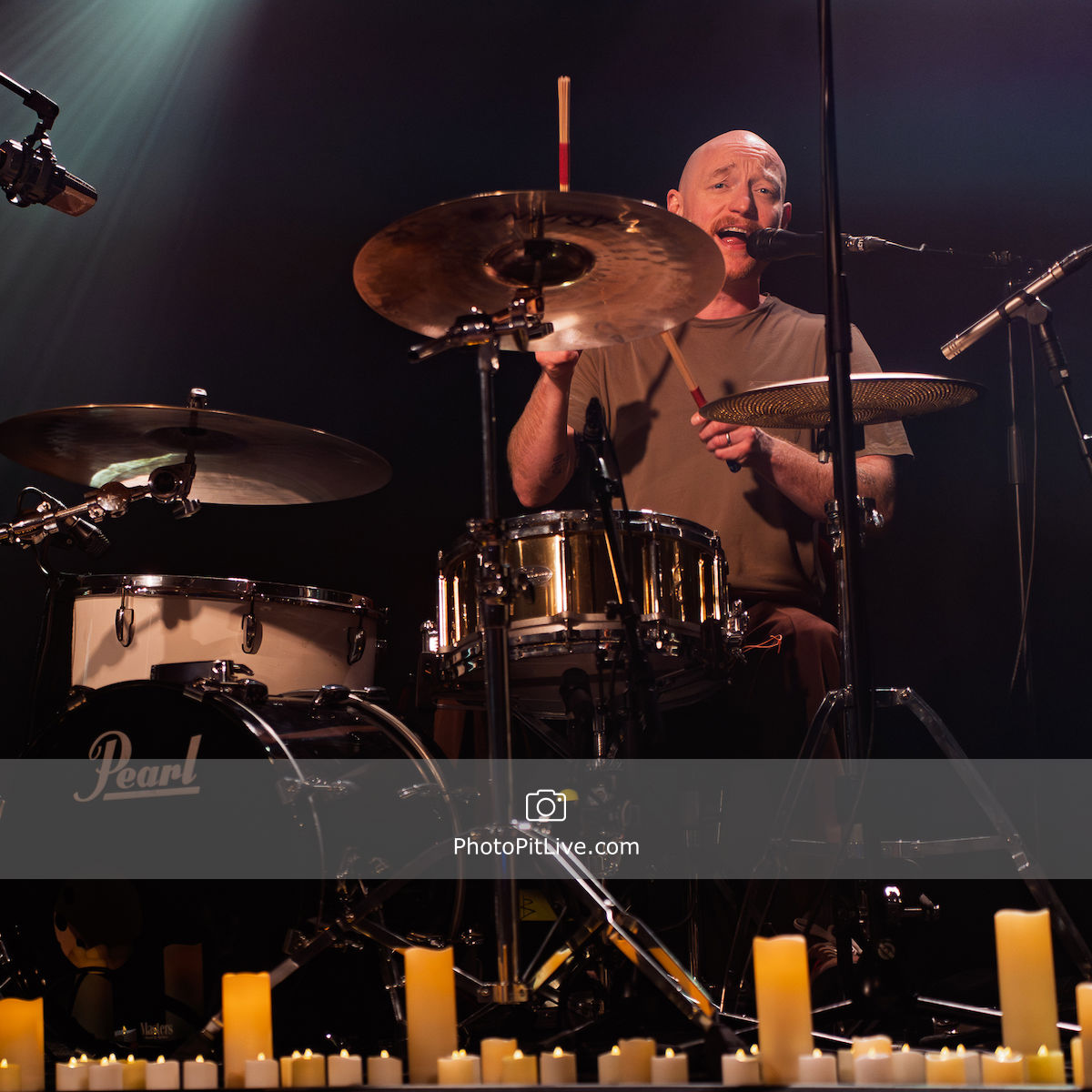Biffy Clyro - Live Review
O2 Academy Oxford
The O2 Academy Oxford is buzzing tonight, packed wall to wall for the first of two sold-out acoustic album release shows from Biffy Clyro. Seventeen years have passed since the band last played Oxford, and tonight they’re back to mark the arrival of ‘Futique’, their tenth studio album and a brand new UK number one. I’m at the early 6pm matinee, a rare chance to see Biffy deliver their biggest songs and freshest material in a stripped-back, up-close setting before the crowd turns over for round two.

I last saw Biffy late last year at their ‘A Celebration Of Beginnings’ show in London, but seeing them in Oxford in such a different setting tonight feels even more special. From the start, the band are warm and thankful, clearly moved by the support of the Oxford crowd after so long away. “You’ve all got fine voices for such an early start,” Simon Neil jokes, and he isn’t wrong, the audience sing along loudly, even at 6pm. The set is a careful balance, with Biffy resisting calls for their heavier tracks, instead showcasing the subtlety and power of their acoustic arrangements.

Highlights include “A Little Love,” “Saturday Superhouse,” and “True Believer,” each taking on new life in the acoustic setting. “Biblical,” “Space,” “The Captain,” and the emotional closer “Goodbye” are particular standouts, showing how well the new material sits alongside classics. There’s a sense of connection and gratitude throughout, a band at the top of their game, happy to strip it all back and just play.
It’s a short show at just 50 minutes, but the atmosphere is genuine and the performance full of warmth and appreciation. Biffy Clyro prove once again that their music, whether loud or quiet, always hits home. And in this setting, every lyric and melody seems to mean that little bit more.

If you get the chance to see this acoustic tour, don’t miss it. Biffy Clyro are not just celebrating a new album, but a new chapter, and every note rings out with the sound of a band still pushing forward.
Biffy Clyro proved, once again, that sometimes less really is more.
